A Montgomery County middle school teacher has filed a federal lawsuit against her school principal and the Board of Education, alleging unconstitutional viewpoint discrimination after she was ordered to remove a Palestinian flag sticker from her classroom door. The case centers on First Amendment rights and claims of selective enforcement of political expression within the school.
Teacher Alleges Free Speech Violations
Hibah Sayed, a science and coding teacher at Sligo Middle School in Silver Spring, Maryland, is accusing school officials of suppressing her freedom of expression. According to court documents, Sayed had several flag stickers on her classroom door, representing various countries. Among them was the flag of Palestine, which was later removed without her consent.
When she inquired about the missing sticker, her principal allegedly told her the Palestinian flag could be perceived as “antisemitic” or “supporting terrorism.”
Sayed, one of only two Muslim teachers at the school, also wears a Keffiyeh, a traditional Palestinian scarf, as a symbol of solidarity with what she describes as “victims of a decades-long ethnic cleansing campaign.” Her principal reportedly ordered her to stop wearing the Keffiyeh as well.
Watermelon Sticker Leads to Escalating Tensions
Two days after the incident, Sayed posted a watermelon sticker near her door—an image widely recognized as a symbol of Palestinian resistance. Although the sticker did contain a political message, Sayed’s legal team argues that the image itself was visually indistinguishable from decorative watermelon imagery commonly seen on student belongings.
Nonetheless, the principal issued a second warning, again citing the sticker’s political implications.
Final Warning Over “GAZA” Shirt
Roughly 11 days later, Sayed wore a shirt to school bearing the phrase “GAZA: The Soul of My Soul.” She claims she had worn the shirt several times before without incident. This time, however, the principal issued a third warning, stating that the shirt was disruptive and could be “perceived as antisemitic.”
The school then issued a formal memorandum warning Sayed that she was “not allowed to wear, post, share, or display anything related to the conflict in the Middle East.” According to the lawsuit, this policy was formally added to her work contract, suggesting that non-compliance could lead to termination.
Sayed Takes Legal Action
With no internal recourse left, Sayed has filed a lawsuit in federal court. The complaint argues that her rights under the First Amendment have been violated, particularly in the realm of viewpoint discrimination. She contends that other teachers and students have been permitted to express political opinions on campus—including Black Lives Matter messaging and displays of other national flags, such as a large Israeli flag in the school building.
“Meanwhile, the flags of other countries continued to fly at Sligo Middle School, as did political messages about Black Lives Matter and other comparably controversial topics,” the lawsuit states. “The School displays a giant Israeli flag but prohibits Palestine flags.”
CAIR Takes the Case
Sayed is being represented by the Council on American-Islamic Relations (CAIR), a prominent civil rights group that has taken on several high-profile legal cases involving alleged discrimination in public institutions. CAIR is also currently representing plaintiffs in another lawsuit against Montgomery County Public Schools, in which parents are challenging the school system’s refusal to allow students to opt out of LGBTQ+ book readings.
That case is now awaiting a possible ruling from the U.S. Supreme Court, which many legal analysts believe may side with the conservative-leaning plaintiffs.
A Broader Debate on Expression in Schools
The lawsuit highlights a growing national debate over freedom of expression in educational settings, particularly when it comes to international conflicts and sensitive political topics. While school districts are tasked with maintaining a safe and inclusive learning environment, critics argue that subjective enforcement of rules often leads to suppression of minority viewpoints.
As the case unfolds, it may set a precedent not only for Montgomery County, but also for how public schools across the country handle political expression by teachers—especially during a time of heightened global tension surrounding issues like the Israeli-Palestinian conflict.
Sayed is seeking injunctive relief, allowing her to resume wearing and displaying symbols of her cultural and political identity, as well as damages for the alleged violation of her constitutional rights.
The Montgomery County Board of Education has not yet publicly commented on the lawsuit.







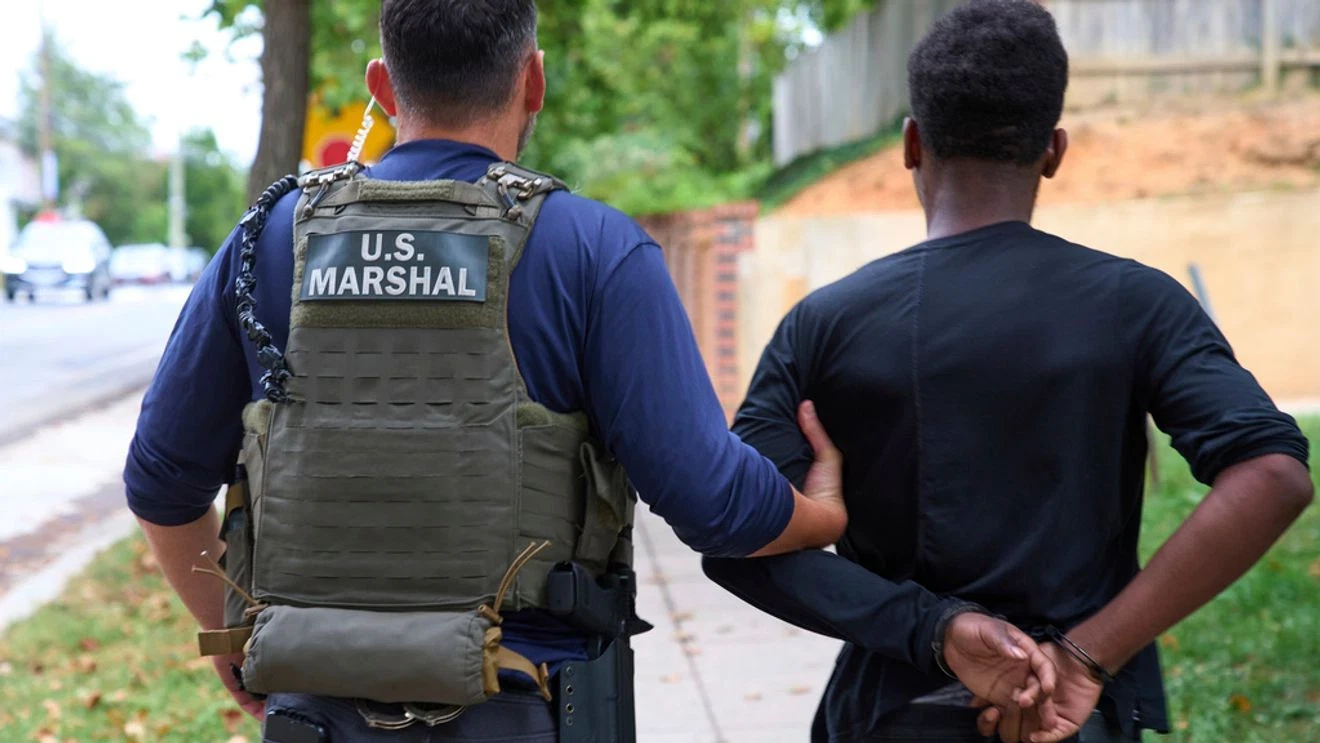
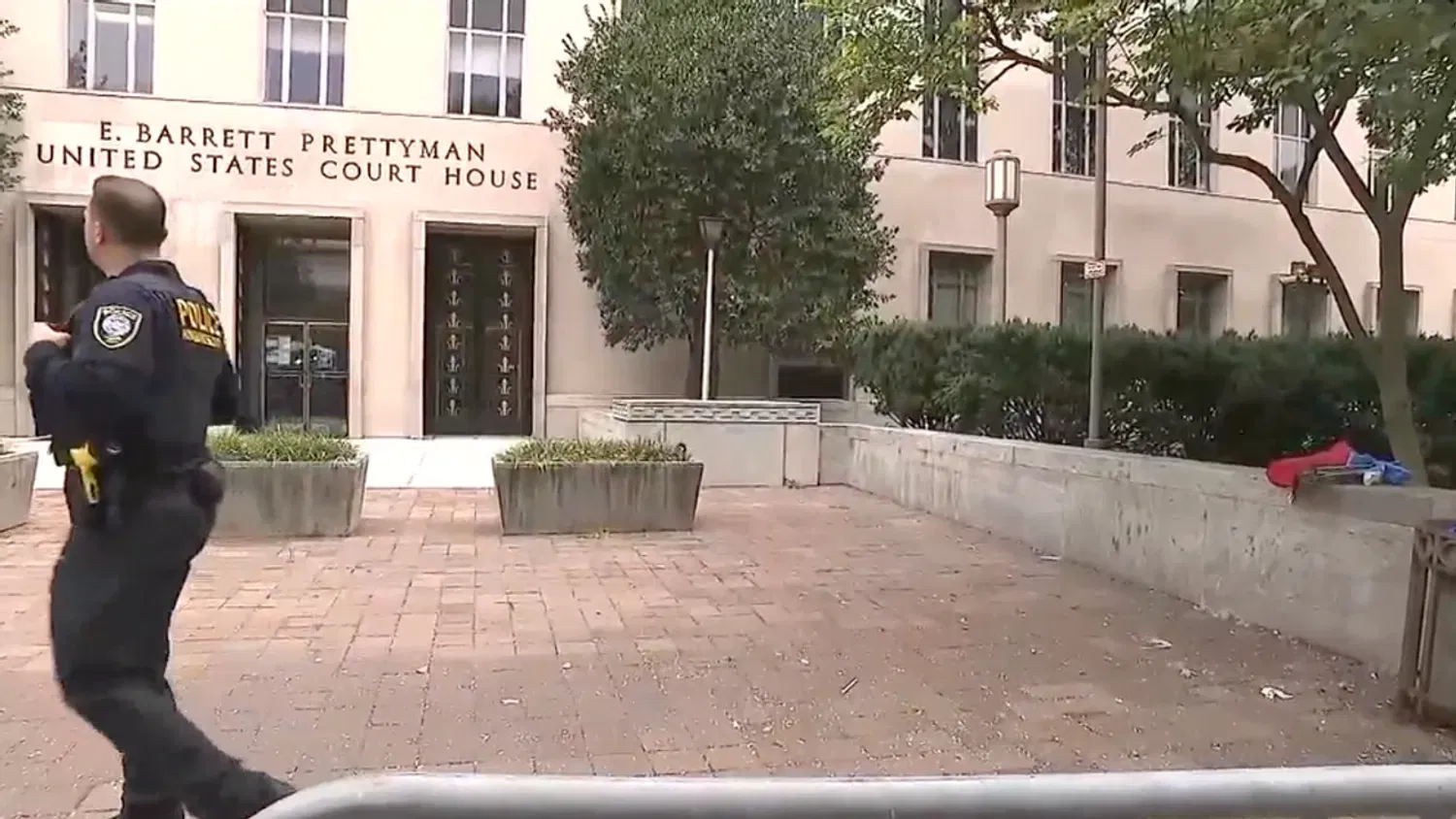
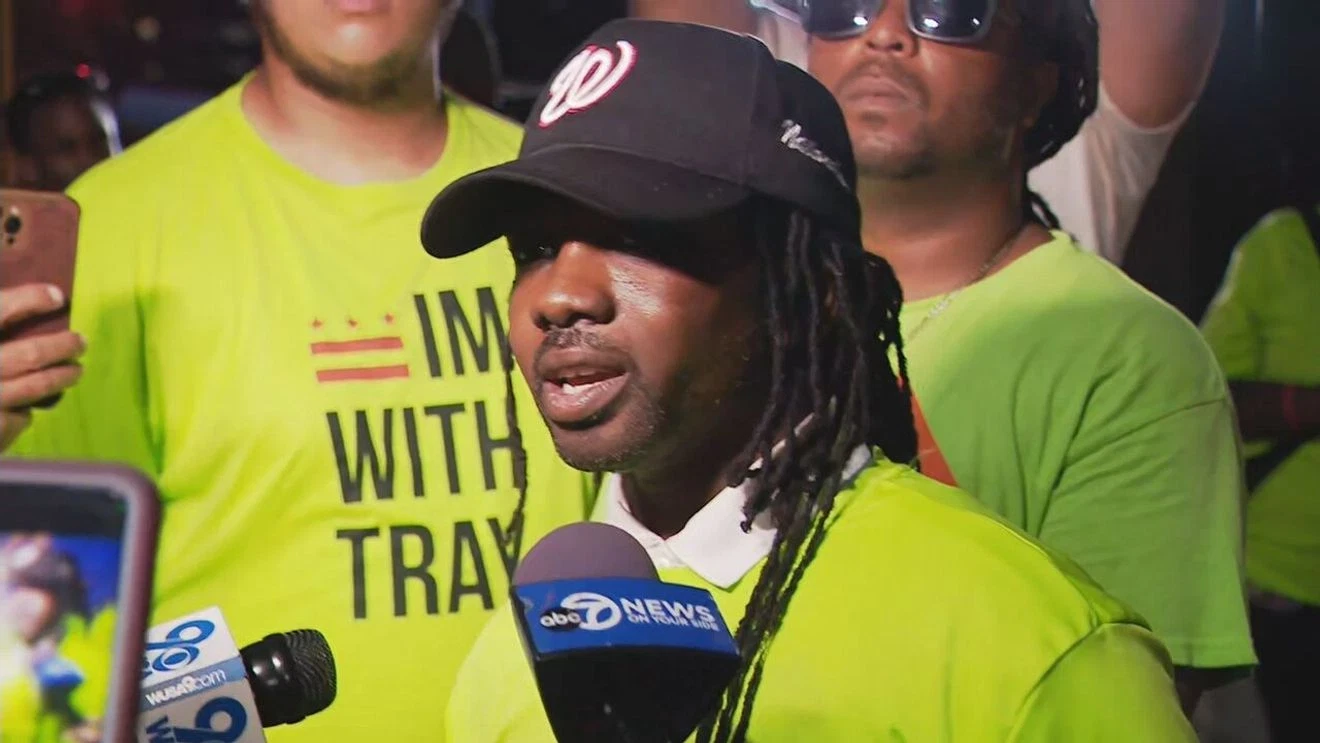
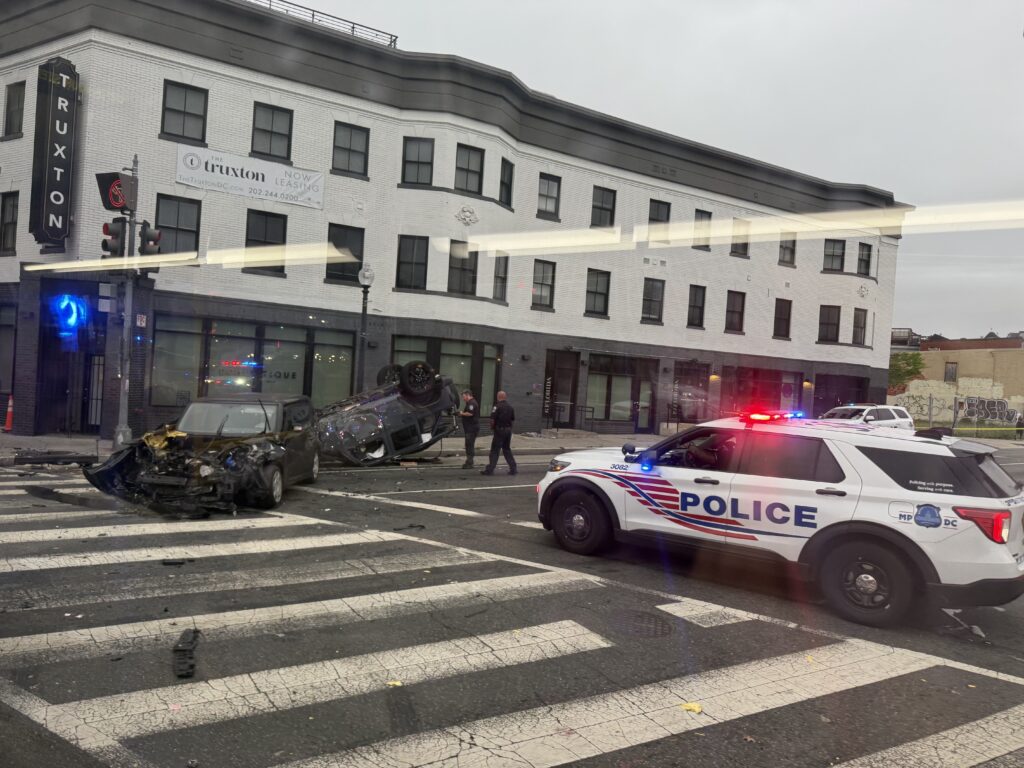
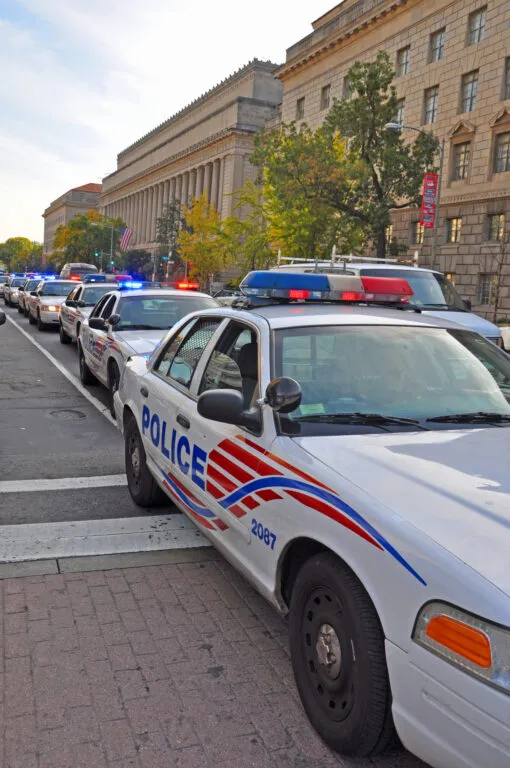


Leave a Reply